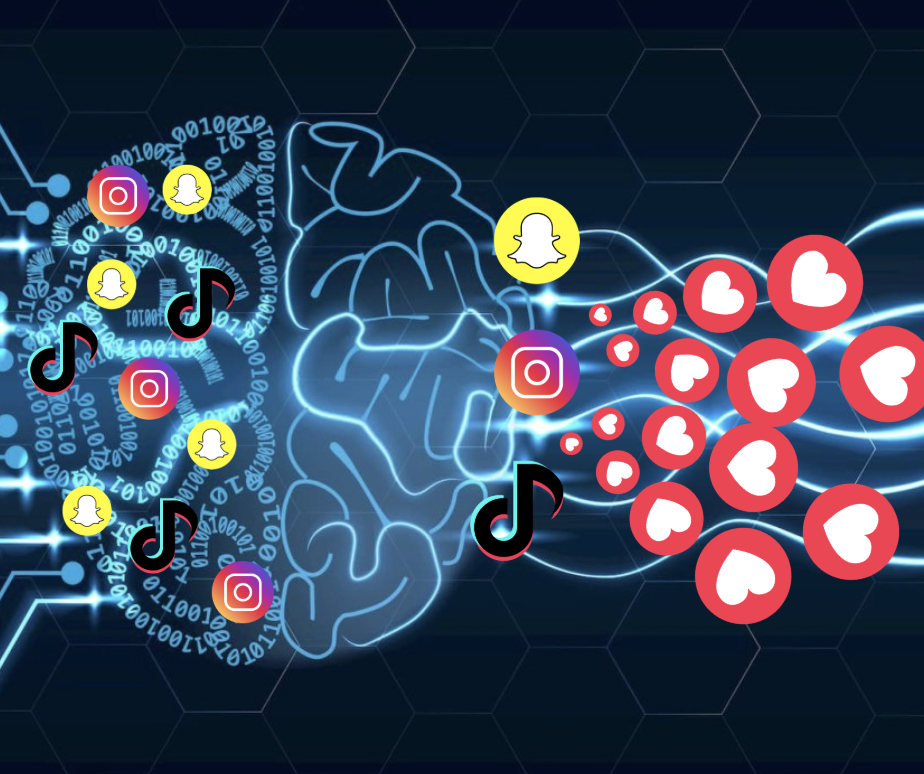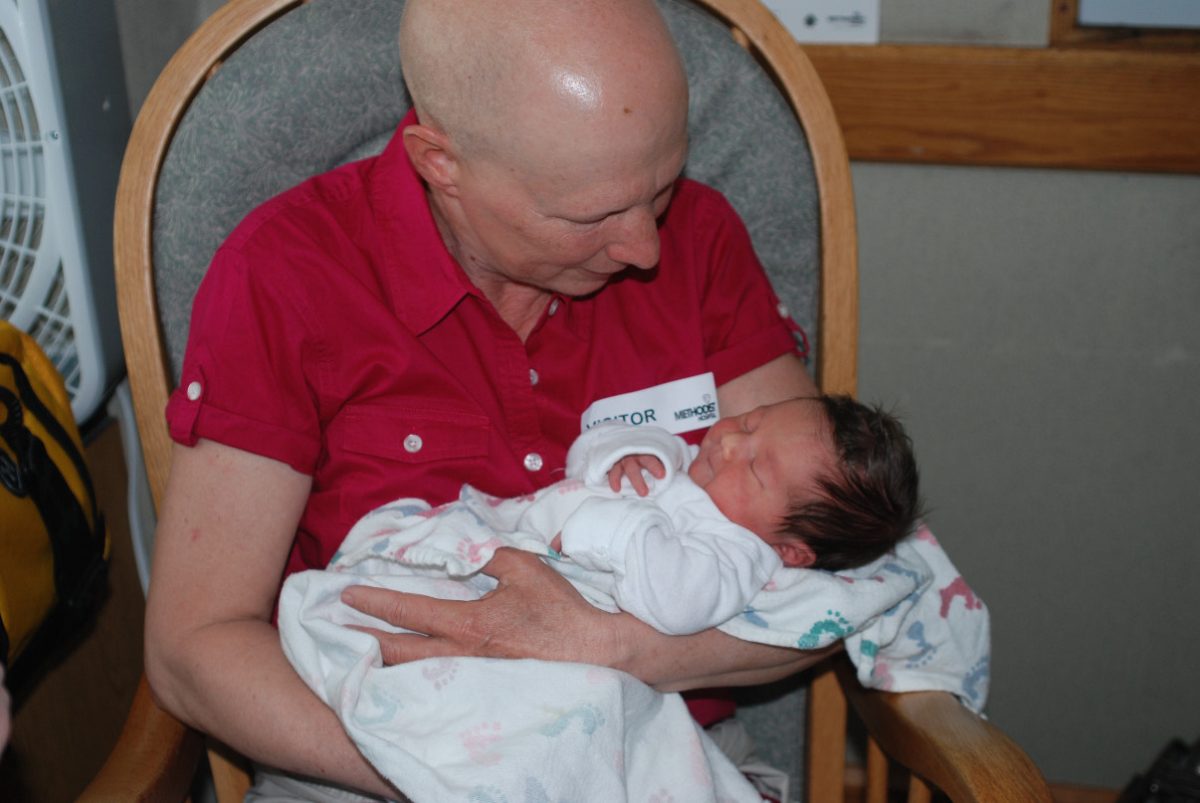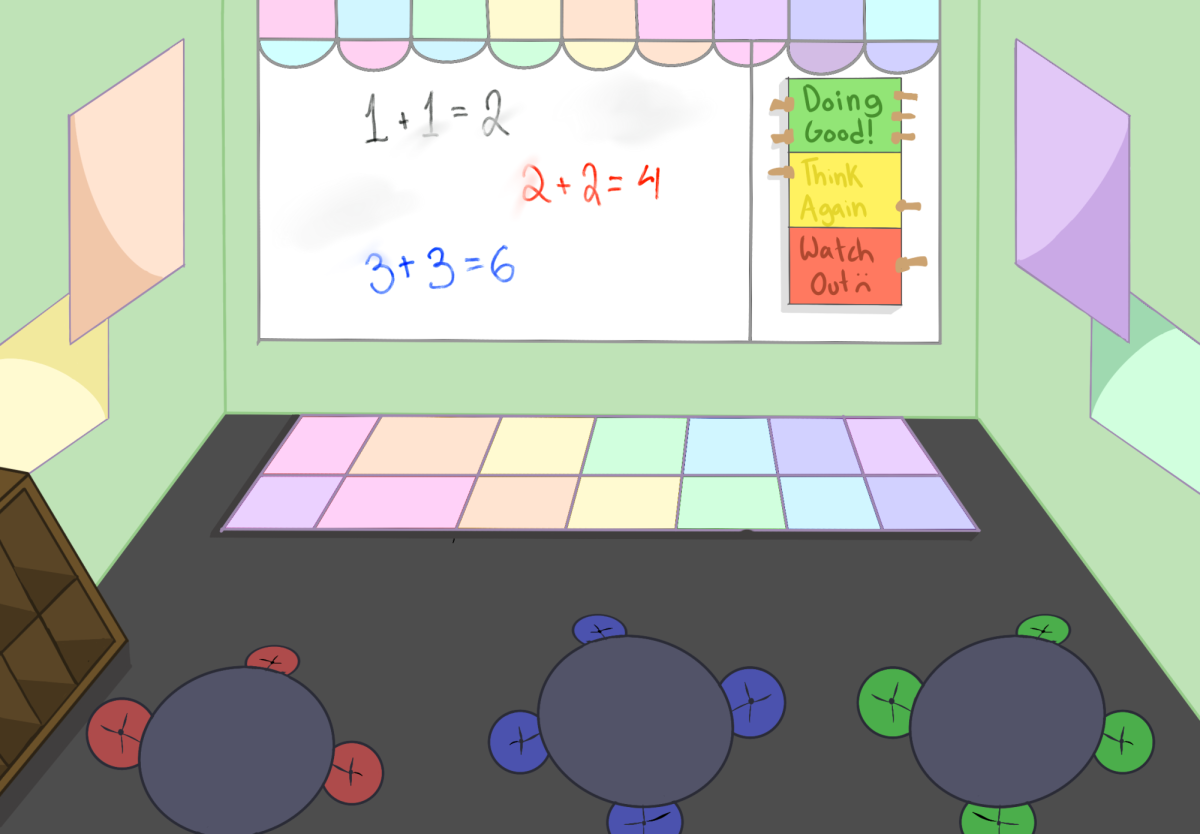From corsets to cheetah print to name-brand sneakers, society has been following trends for many decades. However, we often fail to realize just how much social media we consume and how it shapes our thought processes and the way we view ourselves and others.
When considering something to do, we frequently consider what others are doing, allowing their choices to influence our own. Our own opinions and genuine enjoyment of certain activities can be altered after watching a video that contradicts or challenges them. When TikTok and Instagram become the only sources of information and opinion-based content we receive, our thoughts begin to align with whatever we consume. It’s similar to learning the lyrics of a song incorrectly; once the words are in your head, it is difficult to relearn the original version.
Part of the reason is the algorithm. Social media software is designed to keep us engaged, so it feeds us more and more of what we’ve previously interacted with. The more time you spend liking or watching a genre of content, the more similar videos and photos show up on your feed. Over time, this can make it seem like everyone thinks or acts the same way, when in reality, it’s just the algorithm narrowing your perspective.
This filtering doesn’t just alter what we see; it changes how we think. If our feed is constantly rewarding us with likes, attention or relatable content, our brains begin to crave that validation. Before long, we start forming our decisions around what could get approval online, rather than what we actually believe or enjoy. In the same way, the algorithm does not just recommend content, it encourages us to think in patterns that mirror what it promotes.
In the article “Is Social Media Changing How We Think?” by John Brandon, published in Forbes, the author sheds light on how “doomscrolling” can easily drain and consume us because the videos we watch are “temporal, shallow, and effective”. Our phones can easily alter the course of your day through addictive content and endless scrolling. Brandon also mentions that “We’re dealing with a lot of stress and anxiety. Meanwhile, because we’re not engaging in meaningful activities, we actually experience more stress and need more and more relief. It’s a downward spiral, and social media apps have greased the rails.”
The effects extend to how we see ourselves and others. Social media is reshaping our society, and unfortunately, it has also distorted how we see ourselves and those around us. Expectations of how to look, think and even speak continue to constrict the diversity our population has fought to preserve and acknowledge. It’s that mindset of, why am I doing this differently than them? Then we begin doubting ourselves, even in situations where being unique is supported and appreciated. Trends are taken too seriously and leave little room for personal expression. A more recent study by JAMA found that “social media can create sensitivity in the brain to rewards and punishments,” showing how quickly online interactions can rewire our sense of worth.
The most telling sign of how algorithms have affected us is the rapid pace at which this shift has occurred. Brandon reflects, “I remember before 2014 seeing people in line at a coffee shop not using their phone, or just using them occasionally.” Today, it’s hard to imagine that scene. The chorus of tweets, the addicting “pop” sound that Snapchat makes and speaking down on others or yourself has seemed to become the new default. We can no longer distinguish what is a true piece of our personality pie from the fake and poisonous slices that we collect from our little phones and loud apps.
In the end, trends will always come and go, but the pressure of social media has amplified their impact in ways society has never faced before. Our brains think through previous resources used, like Google or ChatGPT, to make basic decisions because we are used to having and utilizing information that we can simply look up online. As students and as a generation, being mindful and aware of what we consume is essential. Monitoring our screen time can not only protect our individuality but also preserve the freedom to think, act and live beyond the limits of the algorithm.









